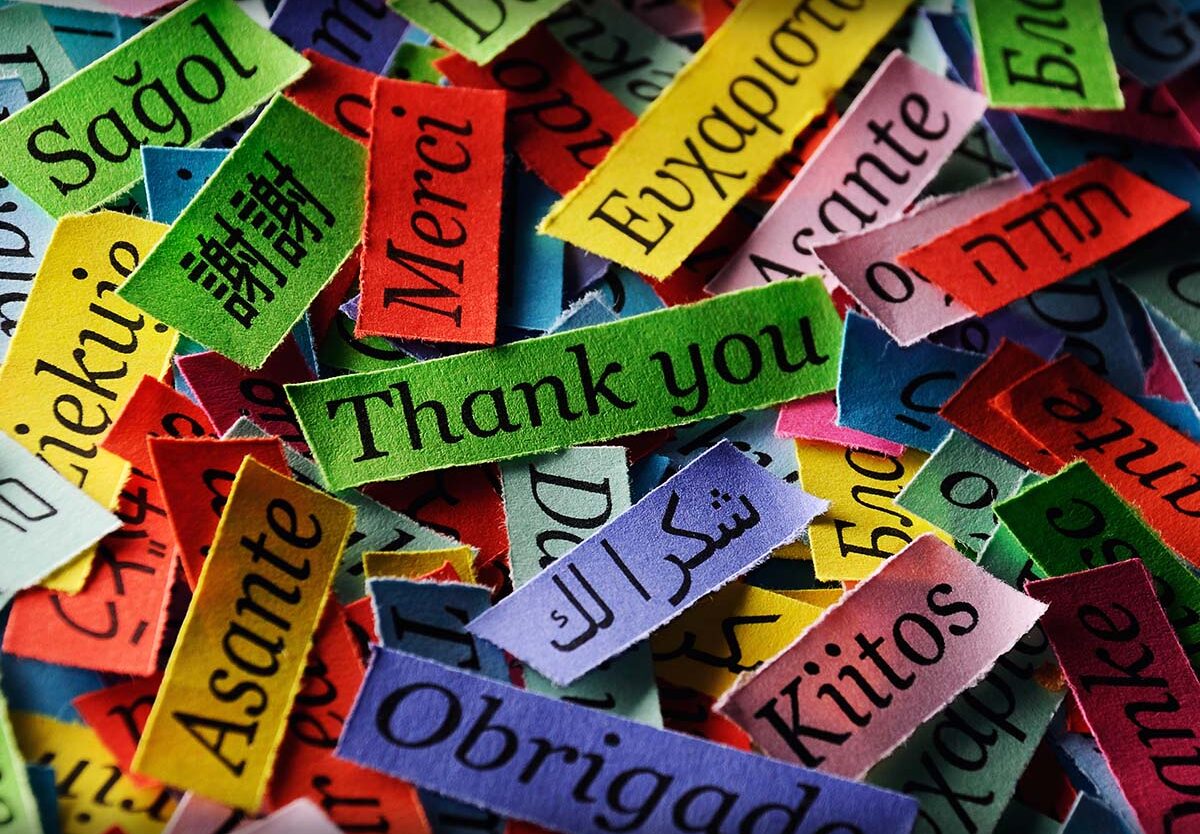Every year on February 22nd, people worldwide celebrate International Mother Language Day.
In 1999, UNESCO declared this day to promote linguistic and cultural diversity and to commemorate the language movement in Bangladesh, where students advocating for the recognition of their mother tongue, Bangla, were tragically killed in 1952.
International Mother Language Day is a reminder of how important it is to preserve and promote mother languages. Language is more than just a means of communication; it is also a repository of cultural heritage, traditions, and knowledge passed down through generations. The worldview of each language is unique and shaped by its speakers’ history, values, and experiences.
Linguistic diversity is an essential aspect of cultural diversity and plays a significant role in sustainable development, reconciliation, and peacebuilding. Losing languages means losing the unique perspectives and insights they provide. According to UNESCO, of the approximately 7,000 languages spoken today, over 40% are endangered and at risk of disappearing. This loss represents an irreplaceable loss of cultural heritage and human knowledge.
Preserving mother languages is not just a matter of cultural heritage; it is also a matter of human rights. Everyone has the right to use their mother tongue and access education in their language. When people are forced to abandon their mother languages in favor of a dominant language, they often lose their linguistic identity and sense of self and belonging.
Education plays a crucial role in preserving and promoting mother tongues. Children who learn in their mother tongue are more likely to succeed in school and preserve their linguistic and cultural heritage. Bilingual and multilingual education can assist in bridging the gap between different language communities and promoting understanding and respect for linguistic diversity.
On International Mother Language Day, let us celebrate the beauty and diversity of the world’s languages. Let us commit to preserving and promoting mother tongues, not just for the sake of the languages themselves but for the sake of the rich cultural tapestry that they represent. As Nelson Mandela once said, “If you talk to a man in a language he understands, that goes to his head. If you talk to him in his language, that goes to his heart.”
Written By : Yasuri Fernando
Image Courtesy: https://bitly.ws/3dLCT

